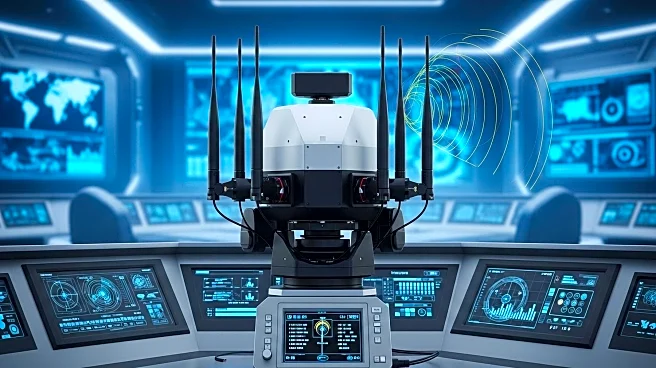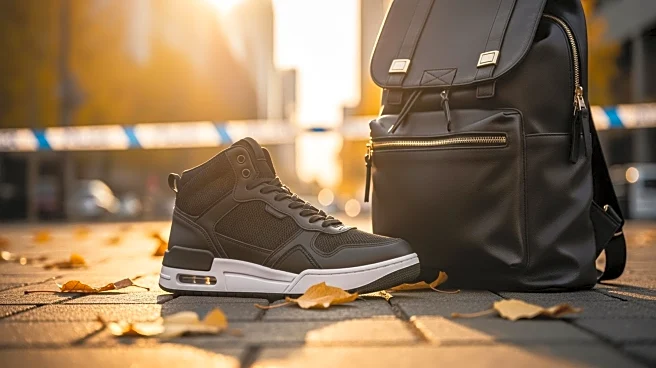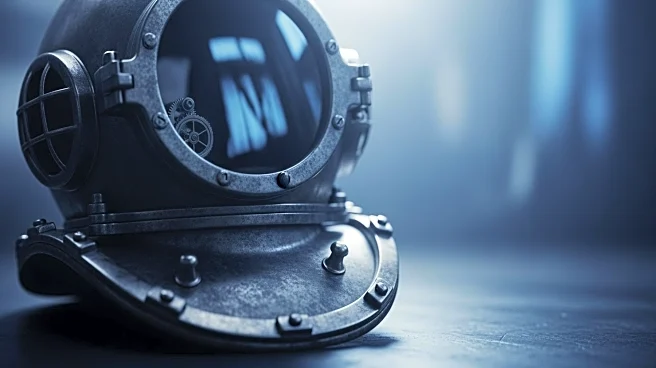What's Happening?
Danish Prime Minister Mette Frederiksen has declared that Europe is facing its most dangerous situation since World War II due to Russia's hybrid warfare tactics, including drone incursions and sabotage. At an EU summit in Copenhagen, Frederiksen emphasized the need for European unity in response to these threats. The summit focused on aiding Ukraine and strengthening European defense projects to deter potential invasions by 2030. The EU is considering using frozen Russian assets to support Ukraine, although not all member states agree with this plan.
Why It's Important?
The ongoing hybrid warfare by Russia poses significant challenges to NATO and EU member states, potentially destabilizing the region and testing the alliance's resolve. The use of drones and other tactics by Russia highlights vulnerabilities in European defense systems, prompting discussions on enhancing military readiness. The proposal to use frozen Russian assets for Ukraine's reparations could have economic implications, affecting investor confidence in the eurozone and international law considerations.
What's Next?
EU leaders are expected to continue discussions on defense strategies, including the proposed 'drone wall' to counter Russian incursions. The plan to use frozen Russian assets for Ukraine remains contentious, with further negotiations anticipated. Member states will need to reach consensus on defense initiatives and financial strategies to address the ongoing threats.
Beyond the Headlines
The ethical and legal dimensions of using frozen assets for reparations are complex, with potential long-term impacts on international relations and economic stability. The situation underscores the need for robust international legal frameworks to address such conflicts.










